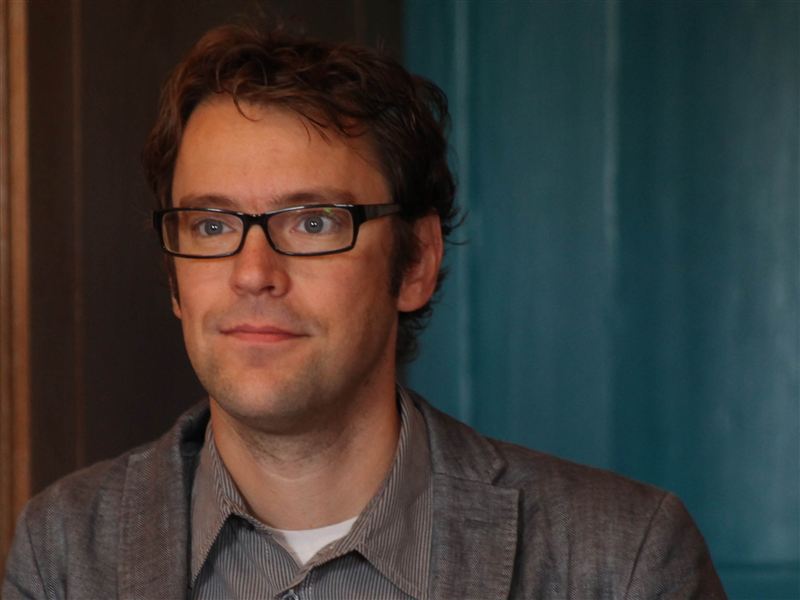söndag
dec202009
Paul Collier om Dead Aid av Dambisa Moyo
 20 dec 2009, kl 22:59 |
20 dec 2009, kl 22:59 |  Lästips,
Lästips,  real development
real development 
I The independent skriver Paul Collier om Dambisa Moyos bok Dead Aid. Moyos argument:
Bättre är enligt Moyo att länder lånar på de finansiella marknaderna, eftersom detta ger incitament att öka transparensen och förbättra sina institutioner. Collier, som själv undervisat Moyo både i Oxford och vid Harvard, håller i princip med:Aid is like oil, enabling powerful elites to embezzle public revenues.
So is there solid evidence to refute her claim that aid worsens governance and so impoverishes? [...] At the level of an individual project we can often show it is effective, but this misses Moyo's point: that what matters is the overall impact on the society. There is indeed some evidence that aid tends to worsen governance [...] The consensus academic view, to the extent there is one, is probably that large aid inflows, like large oil revenues, tend to reduce government accountability to citizensMen Collier är ju en god människa, och fortsätter således:
[...] cutting aid may not be the best response. My preferred alternative is to strengthen its potential for "governance conditionality": aid agencies should insist on both transparent budgeting and free and fair elections. That said, I have to admit that Moyo has a good retort. She shows how feeble aid agencies have been: when occasionally one gets tough, others compensate.Därefter börjar Collier argumentera för varför de flesta problem i Afrika inte orsakats av bistånd (!), och han påpekar att finanskrisen gjort det svårt för fattiga länder att gå till de finansiella marknaderna (texten är från januari 2009).
Colliers egen analys kommer i avslutningen:
African societies face problems deeper than their dependence on aid. Divided by ethnic loyalties, they are too large to be nations. Yet with only tiny economies, they lack the scale to be effective states. As a result the vital public goods of security and accountability cannot adequately be provided. In their absence the valuable natural assets that many countries possess become liabilities instead of opportunities for prosperity.
I think that African societies need international help to overcome these problems; it is just that the help they need is not predominantly money. Aid is not a very potent instrument for enhancing either security or accountability. Our obsession with it has detracted from the more important ways in which we can promote development: peacekeeping, security guarantees, trade privileges, and governance.


Reader Comments (1)
Moyo har inga belägg för att biståndet skulle vara huvudorsaken till bristen på utveckling i Afrika. Här diskuterar jag och Kenneth Hermele Moyo. http://www.sr.se/webbradio/webbradio.asp?type=db&Id=1736188&BroadcastDate=&IsBlock= Läs, och avgör vem som är saklig och vem som är ideologisk.
När jag ställde frågan till Moyo om vilka bevis hon har bför att biståndet skulle vara fattigdomens förklaring sa hon: what else could it be? Hon är därmed lika besatt av bistånd som biståndsindustrin. Bistånd liksom måste vara en huvudsaklig faktor, för världsbildens och debattens skull. Collier har rätt när han säger att det är en sideshow. Detta innebär dock inte att biståndets nettoeffekt inte kan vara negativ, vilket den antagligen är. Collier underskattar institutionernas betydelse i en vidare bemärkelse.